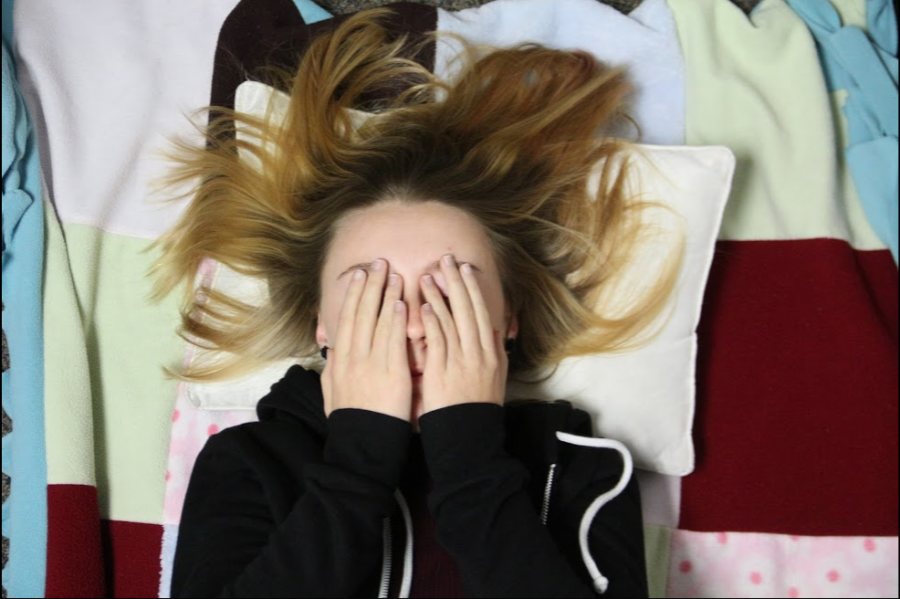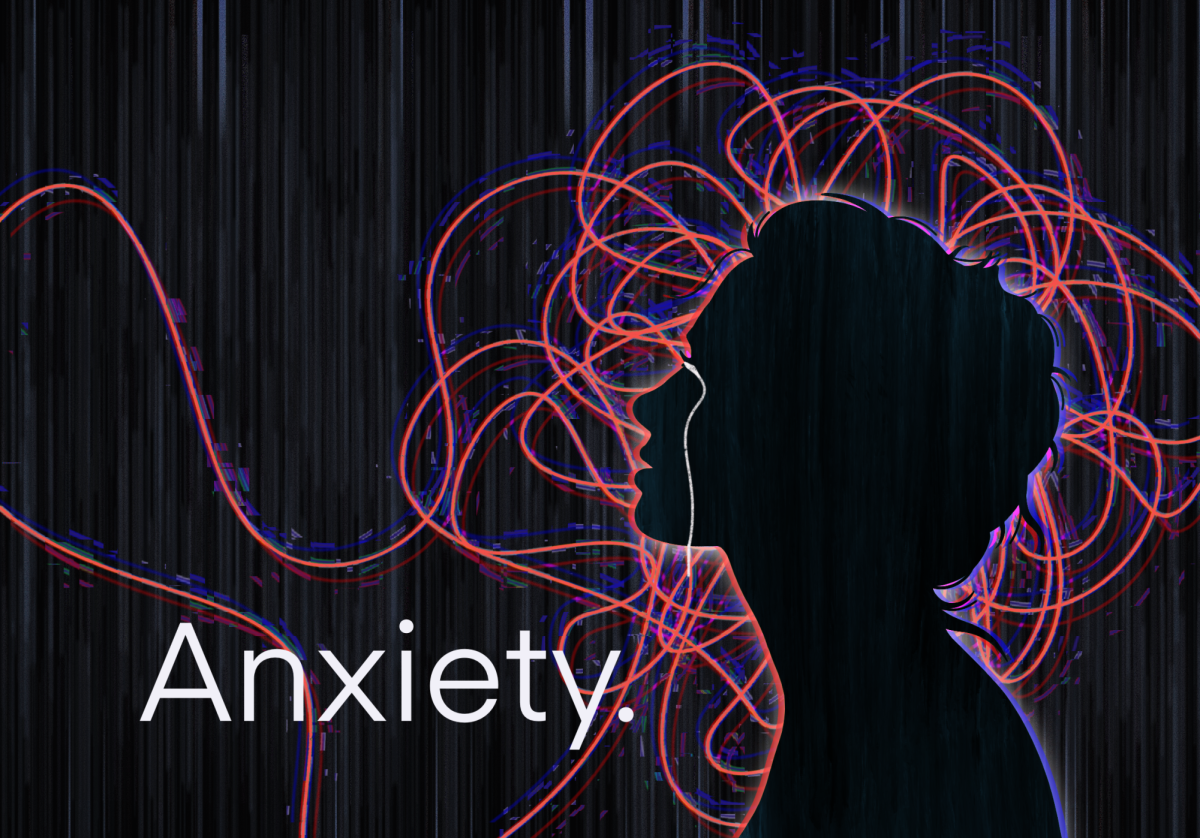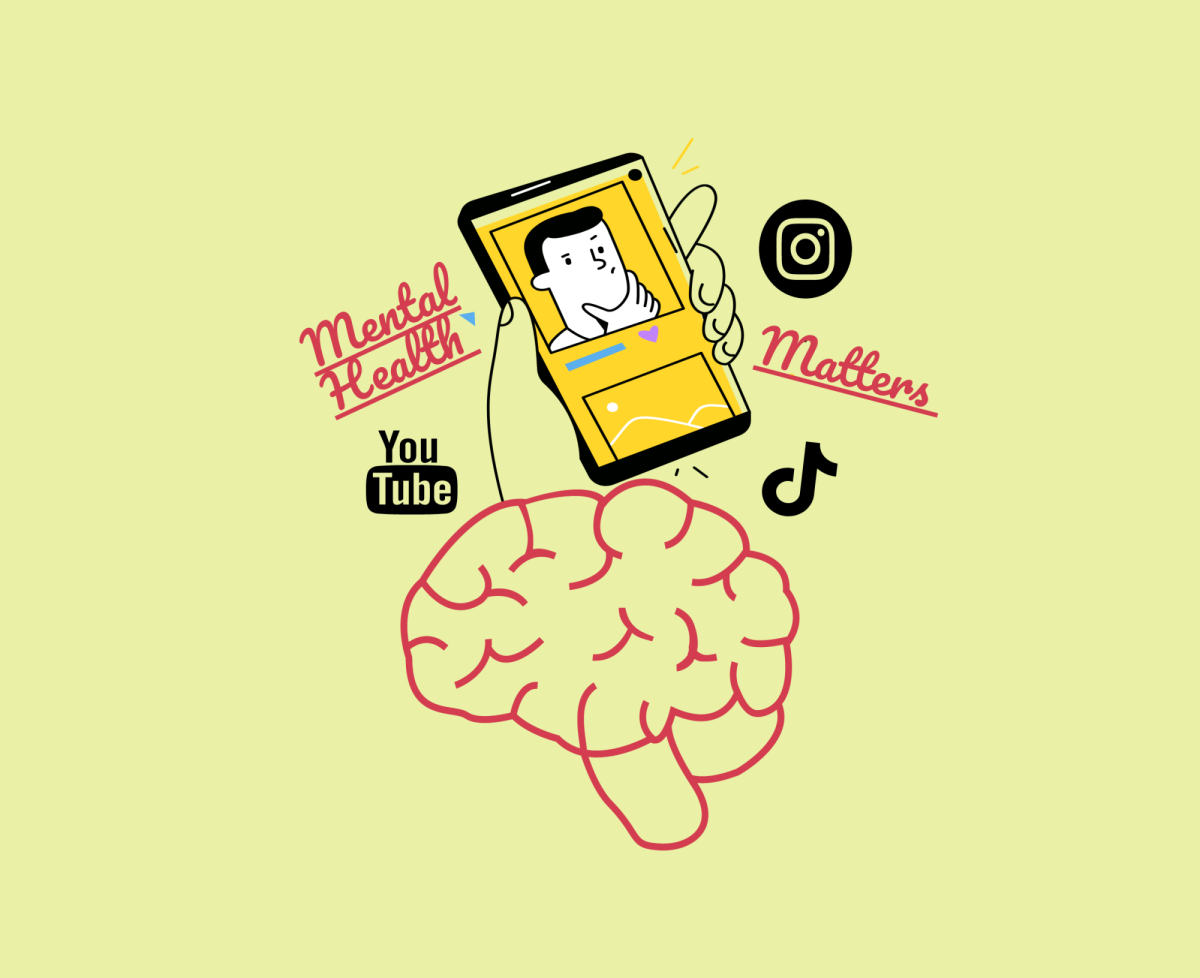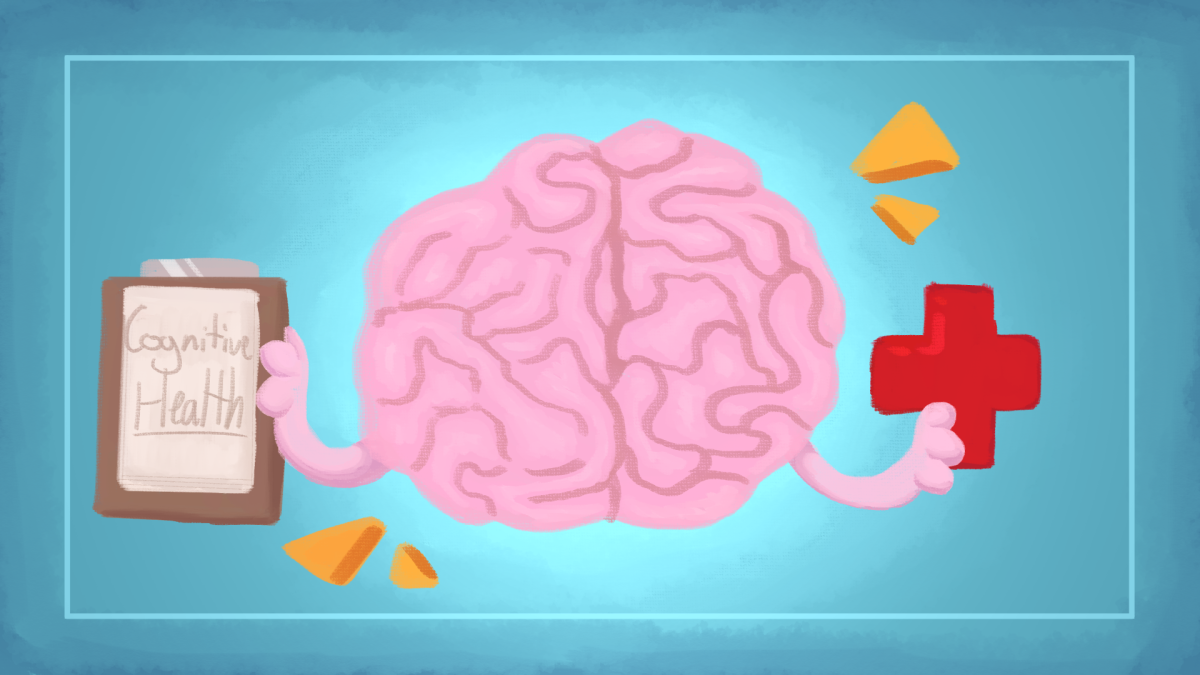Sleep is often an elusive thing for high school students. In fact, the majority of teenagers report getting less than the recommended 8-9 hours of sleep each night. Students tend to be up late at night for a variety of reasons. While missed sleep might be unavoidable when there are tests to study for and essays to write, it is incredibly important to maintain.
Not only does more sleep make you feel better physically, it helps your brain as well. Studies show that getting an adequate amount of sleep improves your learning ability and your ability to retain the information being taught. Sleep deprivation makes you feel sluggish and makes it harder to concentrate.
The benefits of getting enough sleep range from improving your mood to strengthening your immune system. Not to mention the added benefit of not waking up and feeling exhausted before your day has even begun. So, why not grab some extra zzz’s with the help of these three simple tips to improve your sleep?
- Limit screen time before bed
It is not an uncommon occurrence for people to climb in bed, grab their phone and spend the next two hours scrolling through Instagram or participating in a group text. Many people grab their phones if they happen to wake up in the middle of the night to check their emails or Instagram once again until they fall asleep again. In the age of technology, it may sound like a perfectly normal way to fall asleep, but do our phones actually keep us awake?
The answer is yes. It’s not just the addictive quality of adding pins to your Pinterest board that keeps you awake. Staring at your phone screen (or the TV or computer) stimulates brain activity and the light delays the release of the sleep hormone melatonin. Even the seemingly simple physical act of replying to a group text or playing a game on your phone wakes up your body, making it more difficult for you to fall asleep.
Try to avoid using any electronics 15 or 20 minutes before you go to bed to give your eyes and brain a break. If you use your phone as an alarm, try putting it as far away from your bed as possible (to avoid the temptation of grabbing it in the middle of the night) or even sleep with it outside your room and use an alarm clock instead. Instead of watching TV or perusing social media, find a good book to read, do some gentle yoga or try meditating.
- Avoid caffeinated drinks at certain times
Almost everyone likes coffee or tea, and no one likes waking up after a night of too little sleep. Caffeine is often used to make up for a lack of sleep, but depending on when and how much caffeine is consumed, it may be a part of the problem.
Caffeine is a stimulant found naturally in certain plants, such as coffee, but it is also synthetically produced and added to things such as soft drinks. It promotes alertness and energy, which is why many people drink it to combat fatigue. However, it doesn’t just wake you up, caffeine is also linked to restlessness and insomnia.
This doesn’t mean you need to kick your coffee habit, but just try to avoid drinking it in the afternoons or evenings. It takes roughly 12-14 hours for caffeine to leave your body completely, so the best time to consume anything caffeinated is first thing in the morning, so the effects will likely have worn off by the time you are ready to go to bed. Besides that, it is usually possible to order decaffeinated options of most drinks at coffee shops, so you don’t have to give up your afternoon coffee completely.
- Create a sleep schedule
The thought of creating a whole schedule around falling asleep may seem slightly extreme, but it doesn’t have to be anything elaborate. The point of creating a sleep schedule is not about the schedule, as it is about giving your mind and body a cue that it is time to sleep.
When your sleep patterns change frequently, your body’s internal clock becomes unbalanced and make it more difficult to fall asleep. Erratic sleep patterns often leads to disturbed sleep, because your body never quite “turns off”. This in turn can lead to insomnia, fatigue, difficulty concentrating and irritability.
Instead of sitting on the couch until you feel tired, make an effort to go to sleep and wake up at around the same time every day (yes, even on the weekends). If you go to bed late, try going to bed even just 15 or 20 minutes earlier than usual. If you have trouble falling asleep try creating a bedtime routine, such as drinking a cup of decaffeinated tea or doing some gentle stretches to help you relax.














